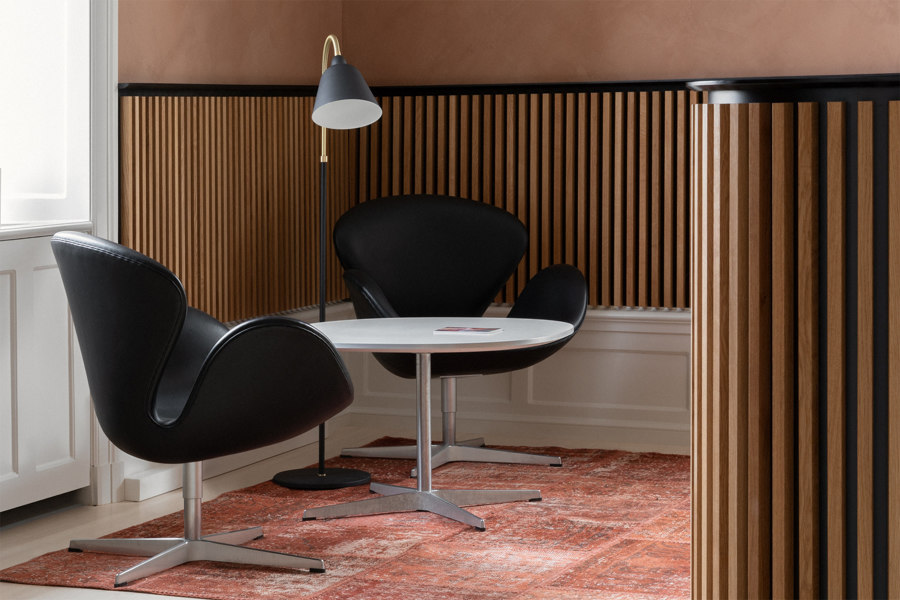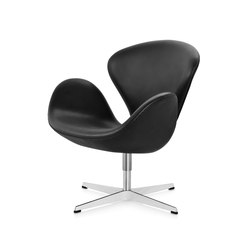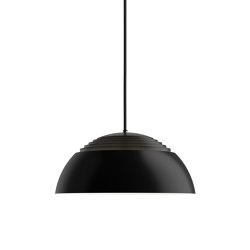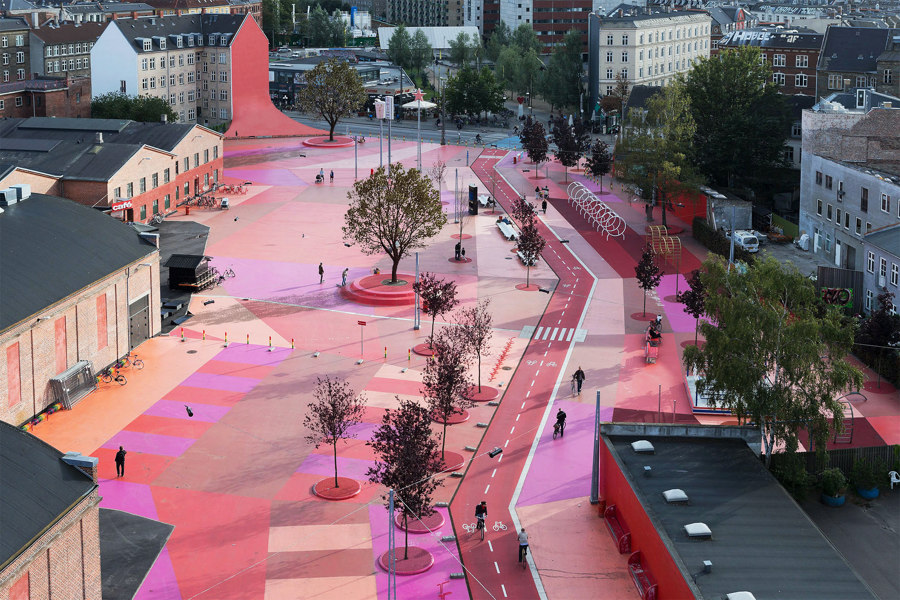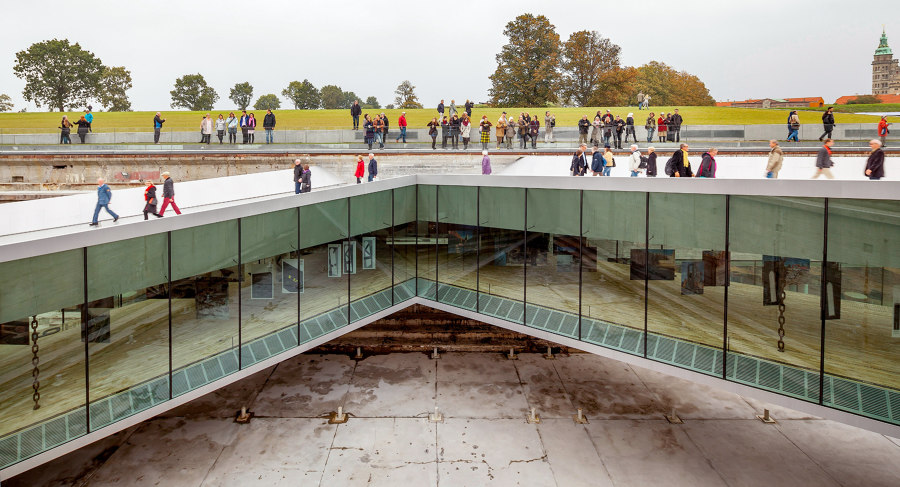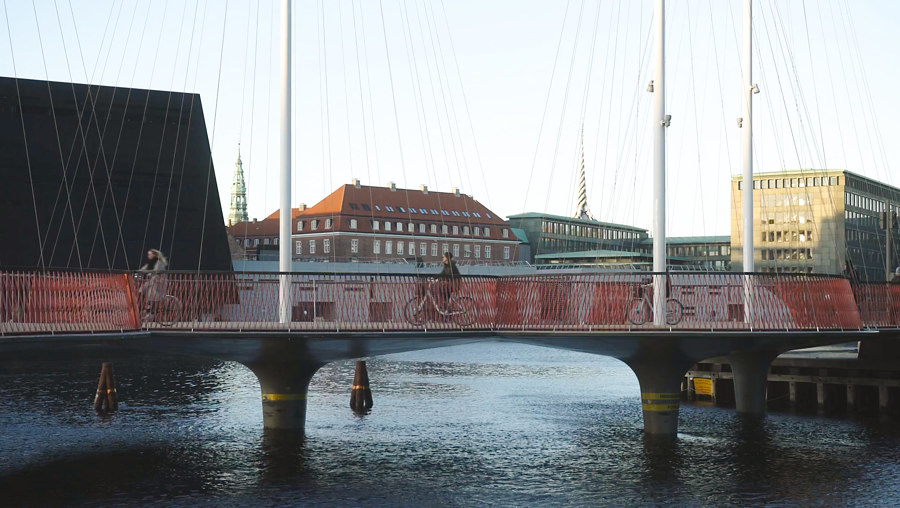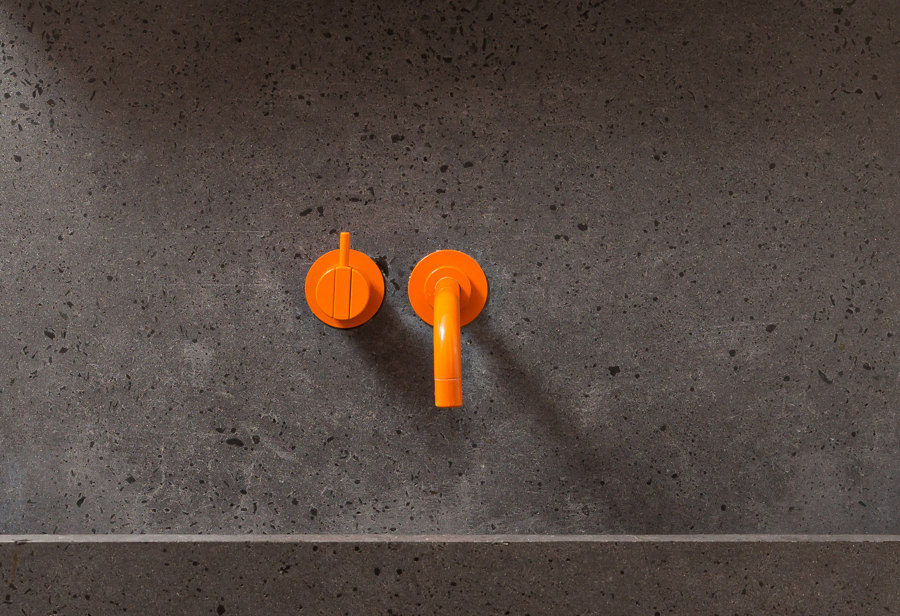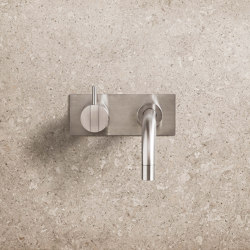VOLA x Arne Jacobson: the Danish design tradition
Brand story by Nick Compton
Horsens, Danemark
11.10.22
Danish design is defined by a holistic and harmonious approach that is embodied in the iconic products of tap manufacturer VOLA.
Perhaps more than any other country, Denmark has understood that good design impacts its citizens’ quality of life
The Germans have a word for it: Gesamtkunstwerk. An exact translation isn't easy but 'total design' gets close. Total design means total care, total attention to detail. Applied to architecture, it means that a building, inside and out, achieves an enveloping harmony and balance and every element of the design plays its part and plays in tune.
The architect and designer who best exemplifies that tradition wasn't German, but Danish. Arne Jacobson was the dominant figure in Danish design for six decades and designed buildings, including the SAS Royal in Copenhagen, but also furniture, lighting, cutlery, glassware, textiles and more, including the iconic Swan and Egg chairs and the AJ Lamp.
From the beginning of his career in the late 1920s, Jacobsen understood that the truly modern building had to be modern in every element and intention, from the over-arching architectural design to the form and feel of the door handles, from the lighting to the landscaping.
The Golden Age of Danish design produced much of the 20th century’s most iconic furniture and lighting. Photos: Christian Møller Andersen (top), Louis Poulsen (bottom)
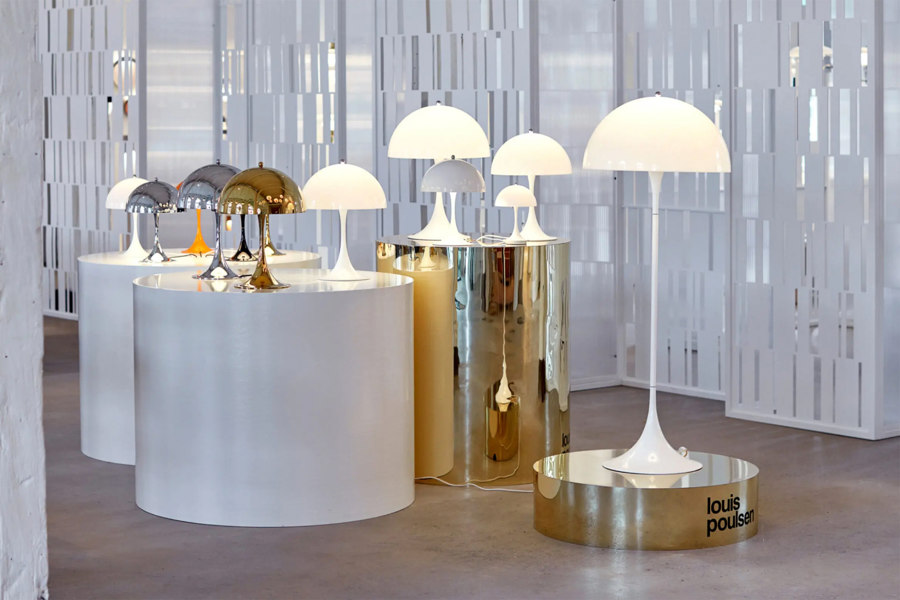
The Golden Age of Danish design produced much of the 20th century’s most iconic furniture and lighting. Photos: Christian Møller Andersen (top), Louis Poulsen (bottom)
×Holistic, harmonious design
Jacobsen, and that commitment to Gesamtkunstwerk, defined the ‘Golden Age’ of Danish design, when Jacobsen and his peers, Poul Kjærholm, Hans Wegner, Verner Panton, Nanna Ditzel and Poul Henningsen, were at the peak of their powers. And it's a commitment that is still felt and seen almost everywhere in Denmark.
The VOLA tap’s modular design, a series of elemental curves and circles, was a masterpiece of minimal elegance and functionality
That celebration of holistic, harmonious design is there, not just in the best homes but in public institutions and public places, in galleries and parks, in shops, schools, hospitals and town halls. There is a shared commitment to the idea that intelligent, total design is a civilising force, that it encourages social interaction and engagement and creates a common culture, and crucially that it should come free of charge and be lived.
Denmark embraced the idea of the Gesamtkunstwerk, architecture marked by a total attention to detail and the perfect balance of elements. Photos: Iwan Baan, Architect: BIG – Bjarke Ingels Group (top), Adam Mørk (bottom)
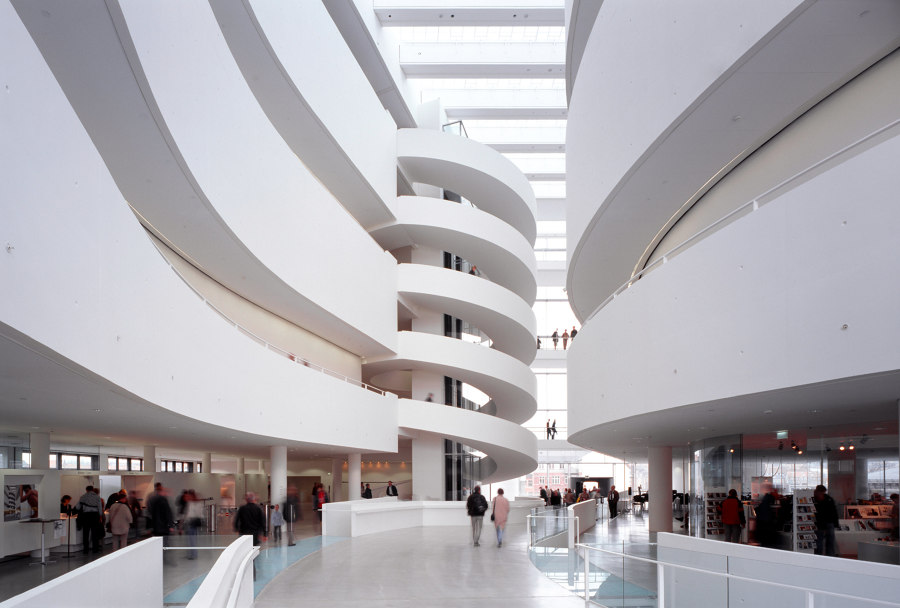
Denmark embraced the idea of the Gesamtkunstwerk, architecture marked by a total attention to detail and the perfect balance of elements. Photos: Iwan Baan, Architect: BIG – Bjarke Ingels Group (top), Adam Mørk (bottom)
×The good life
‘I think it was an intention to give the good life to the Danes,’ says Anne-Louise Sommer, director of the Design Museum Denmark. “‘It was a priority from the government and the municipalities that you actually invest heavily in good design. The holistic approach really stages and frames life through design and architecture.’
The VOLA tap endures, it stays useful and relevant, is not overtaken by trends or technology, and continues – decade after decade – to serve and delight
Jane Sandberg, CEO of the Enigma Museum of Communication, lives in a Jacobsen-designed house so has a deeper understanding of that approach than most. ‘It’s as if somebody has reflected on your needs on your behalf.’
A commitment to harmonious, ‘total design’ is clear in Denmark’s public and private spaces. Photos: Luca Santiago Mora (top), Chris Turner and INTERFILM Production (middle) and Iwan Baan, Architect: BIG – Bjarke Ingels Group (bottom)
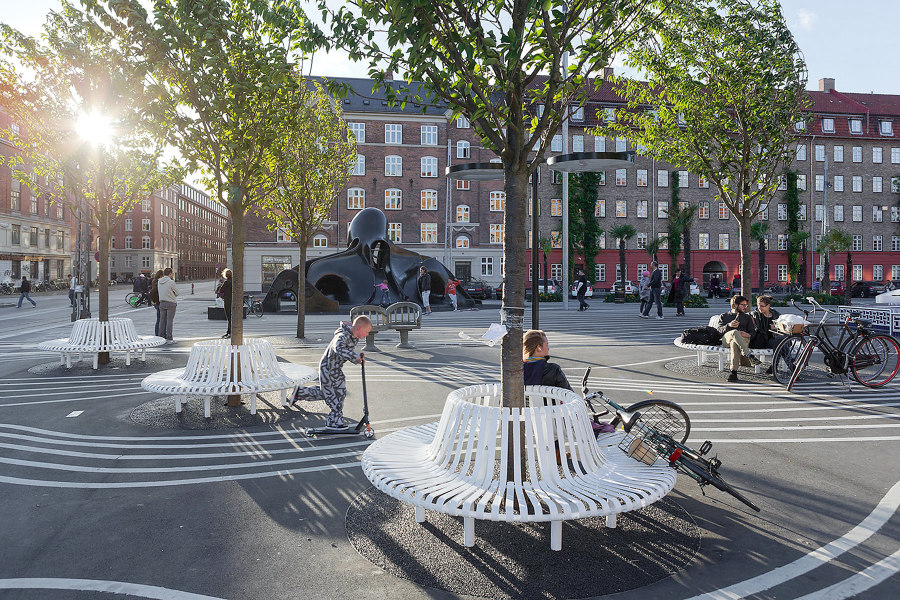
A commitment to harmonious, ‘total design’ is clear in Denmark’s public and private spaces. Photos: Luca Santiago Mora (top), Chris Turner and INTERFILM Production (middle) and Iwan Baan, Architect: BIG – Bjarke Ingels Group (bottom)
×A masterpiece of minimal elegance
Total design, the pair argue, is established in the Danish DNA, to the point that it is almost taken for granted. And some of Jacobsen's designs have become part of the national furniture, iconic and utterly familiar but somehow still absolutely fresh, alive, functional and useful.
Jacobsen continued to experiment and refine his ideas, right until his death. He designed the VOLA mixer tap in 1968 and it was first installed in his National Bank in Copenhagen in 1971. His last major work – Jacobsen died before the building was completed – the bank is perhaps the very definition of a Gesamtkunstwerk.
The VOLA tap’s modular design, a series of elemental curves and circles, was a masterpiece of minimal elegance and functionality, the perfect expression of the building’s ambition.
One of Arne Jacobsen’s last designs, the VOLA tap, is a masterpiece of minimal elegance and functionality and is now part of Denmark’s national furniture. Photos: Adam Scott (top), Alex Wilson (bottom)
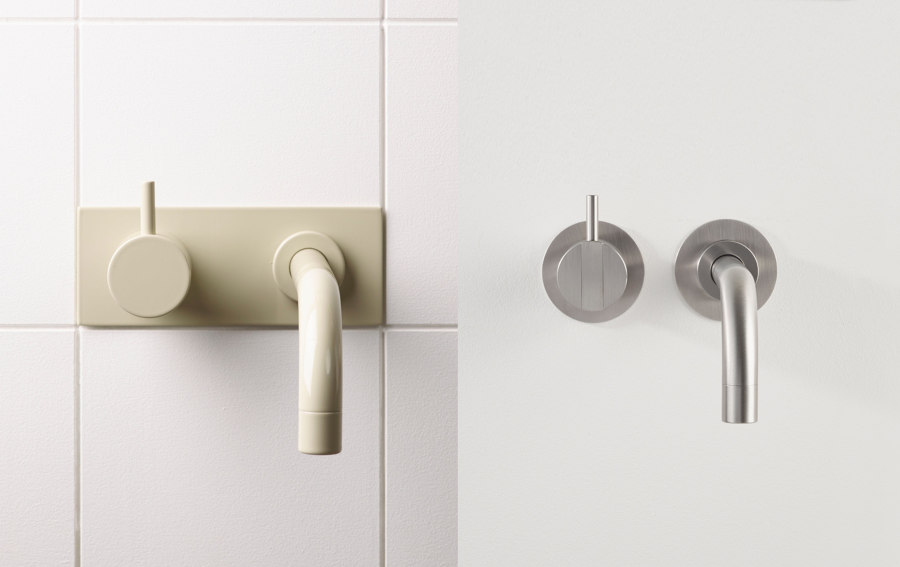
One of Arne Jacobsen’s last designs, the VOLA tap, is a masterpiece of minimal elegance and functionality and is now part of Denmark’s national furniture. Photos: Adam Scott (top), Alex Wilson (bottom)
×Truly sustainable design
Half a century on, the VOLA tap is now an almost inevitable fixture in galleries and cultural institutions, private homes and public buildings. It has become emblematic of Denmark’s continued commitment to total design and an inspiration to new generations of designers, in Denmark and far beyond.
Sommer argues that there is now a new focus on using design to ‘reshape society and tackle the great global challenges.’ What she calls a ‘new golden age, not just for Danish design, but design at large.’
That new generation of designers, Sommers and Sandberg argue, continue to learn from Jacobsen and his commitment to total design. And the VOLA tap has come to define truly sustainable design. The VOLA tap endures, it stays useful and relevant, is not overtaken by trends or technology, and continues – decade after decade – to serve and delight.
© Architonic
Head to the Architonic Magazine for more insights on the latest products, trends and practices in architecture and design.

